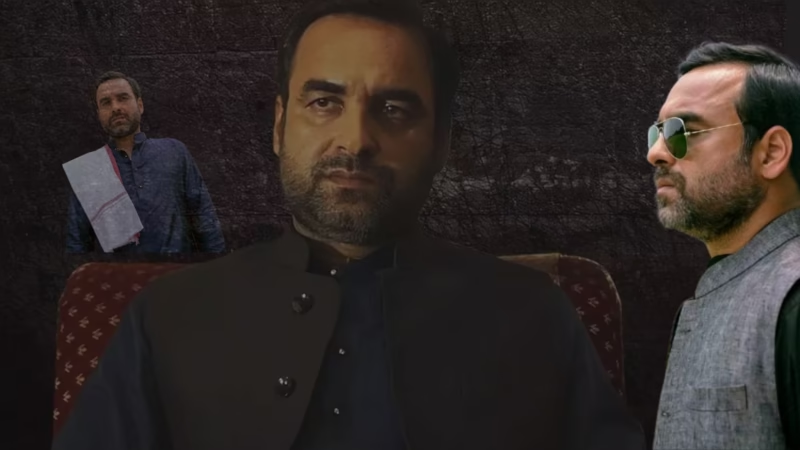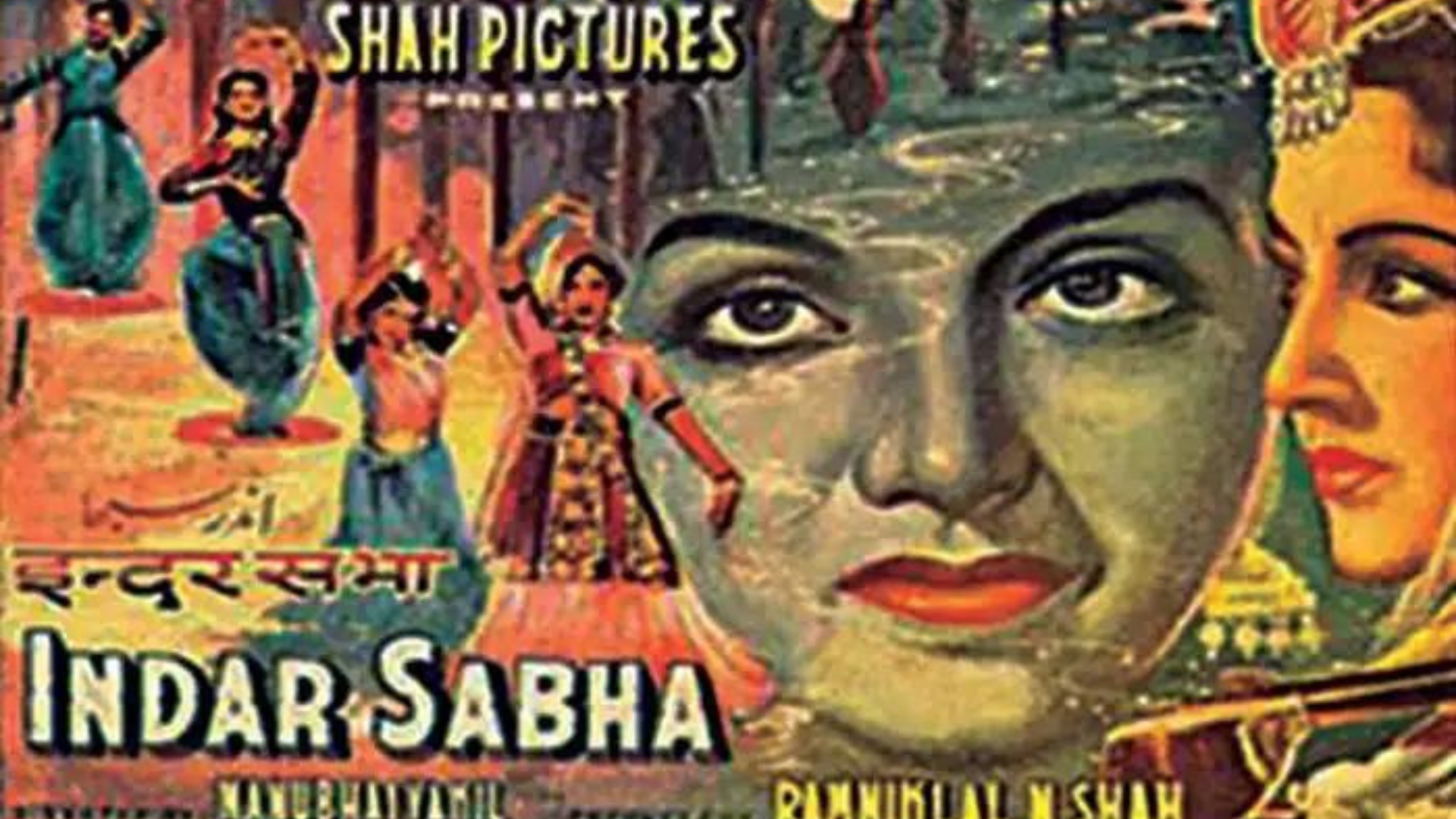The 1932 film “Indra Sabha” holds a remarkable record in Indian cinema. It boasts an astounding 72 songs. This incredible number makes it the film with the most songs ever recorded. Indian cinema is renowned for integrating music into storytelling. However, “Indra Sabha” takes this tradition to an extraordinary level.
A Historic Milestone in Indian Cinema
Released in 1932, “Indra Sabha” is a silent film directed by Chandulal Shah. Despite its silent status, it stands out for its extensive musical content. The film’s soundtrack features 72 songs, an unparalleled feat in cinema history. This remarkable achievement highlights the significant role music plays in Indian films.
The Integration of Music and Storytelling
Indian films often feature music as a crucial narrative element. Songs help to express emotions, advance the plot, and enhance the overall experience. In “Indra Sabha”, music is not just an addition but a core part of the film’s storytelling. Each song contributes to the narrative, reflecting the film’s themes and characters.
The Making of “Indra Sabha”
Creating a film with 72 songs was a massive undertaking. The production required extensive coordination between musicians, composers, and the film crew. Chandulal Shah and his team worked tirelessly to ensure that each song was perfectly integrated into the film. The soundtrack included a mix of classical, folk, and traditional music, showcasing a diverse range of styles.
Cultural Impact and Legacy
“Indra Sabha” holds a special place in the history of Indian cinema. Its record for the most songs remains unbroken, emphasizing the film’s cultural significance. The film’s approach to integrating music into its narrative has influenced many filmmakers. It set a precedent for the use of music in Indian films, inspiring future productions to explore musical storytelling.
The Evolution of Musical Films
Indian cinema has a rich tradition of musical films. Over the years, the industry has continued to innovate and expand its use of music. “Indra Sabha” played a pivotal role in this evolution. It demonstrated the potential of music as a powerful storytelling tool and influenced how films use songs to engage audiences.
Other Notable Musical Films
While “Indra Sabha” remains unmatched in terms of the sheer number of songs, other films have also made significant contributions to the genre. For example, “Chandralekha” (1948), directed by S. S. Vasan, featured a notable soundtrack and innovative musical sequences. Similarly, “Mughal-e-Azam” (1960), directed by K. Asif, is celebrated for its memorable songs and grandeur.
The Role of Music in Modern Cinema
Music continues to be an integral part of Indian films. Modern movies often feature extensive soundtracks that enhance the cinematic experience. However, the trend of having an extraordinarily high number of songs has become less common. Today, films focus on crafting memorable musical moments rather than sheer quantity.
Preserving Film History
Preserving films like “Indra Sabha” is crucial for understanding the evolution of Indian cinema. Efforts to restore and archive such films help maintain their historical and cultural significance. “Indra Sabha” serves as a valuable record of early film-making practices and musical integration.
Conclusion
“Indra Sabha” is a landmark in Indian cinema history. Its record of 72 songs remains unparalleled and showcases the unique role of music in film. The film’s approach to integrating music into storytelling set a high standard for future productions. As we celebrate the legacy of “Indra Sabha”, we recognize its impact on the evolution of musical films in India. Its remarkable achievement continues to inspire filmmakers and audiences alike, highlighting the enduring power of music in cinema.
#IndraSabhafilmwiththemostsongs #1932filmrecordsongs #Indiancinemamusic #Indianfilmmusichistory
#IndraSabha72songsrecord #impactofIndraSabhaonIndiancinema #mostmusicalIndianfilms #historicalsignificanceofIndraSabha #ChandulalShahIndraSabha #roleofmusicinIndianfilms
For more Filmy Updates Keep Visiting FilmsNminds










